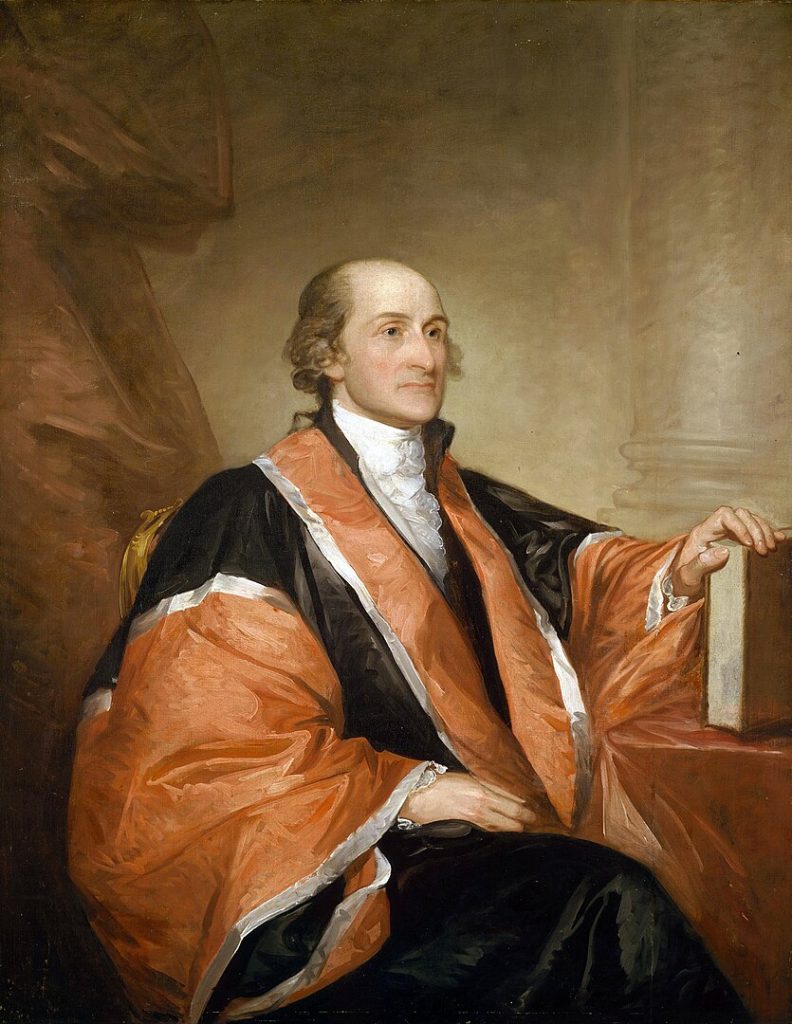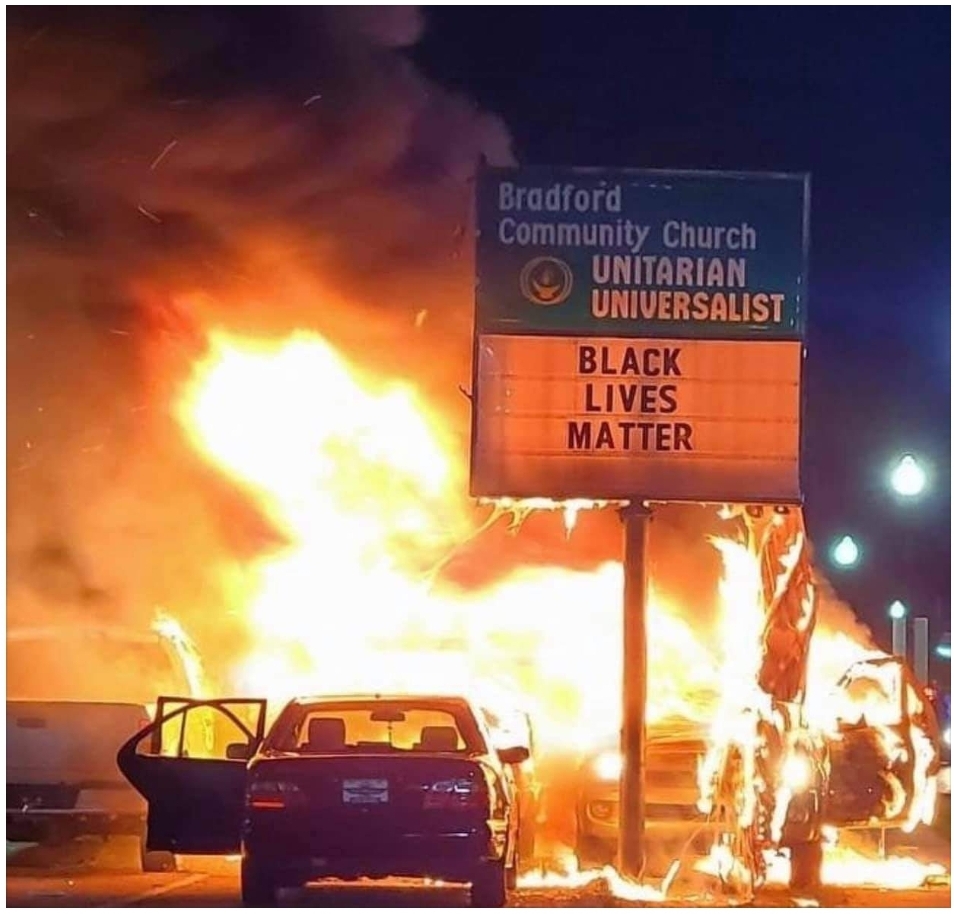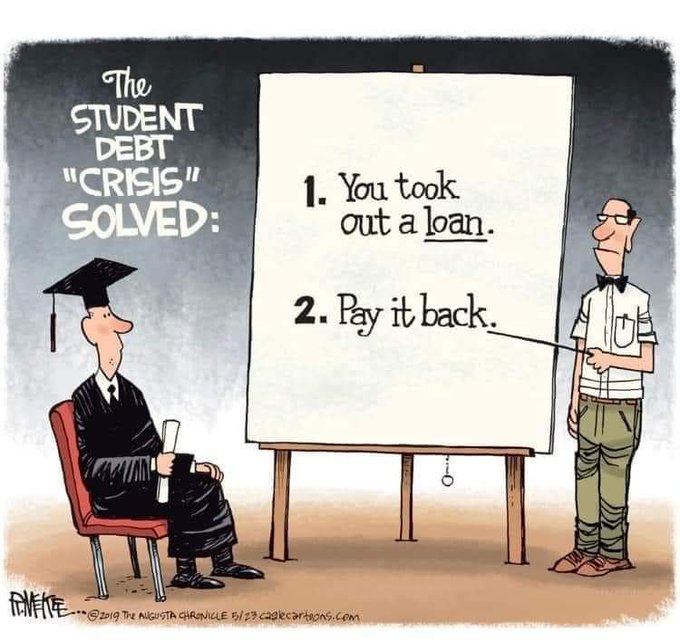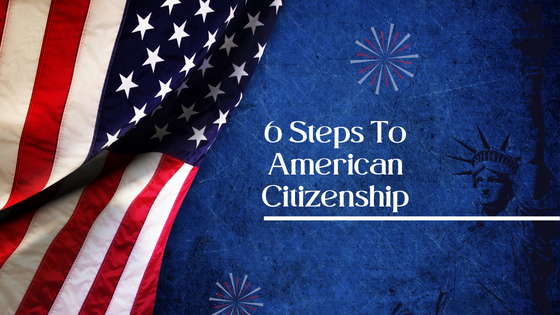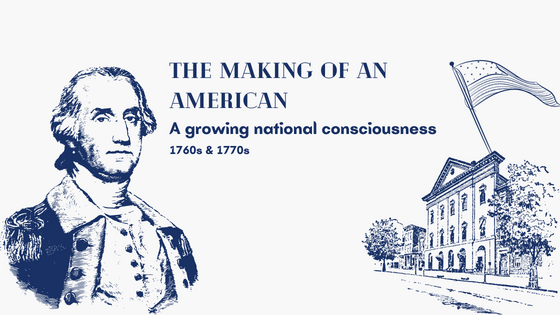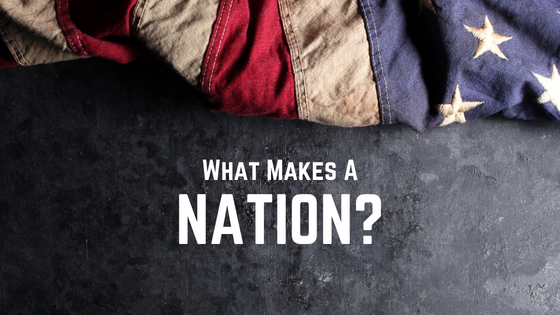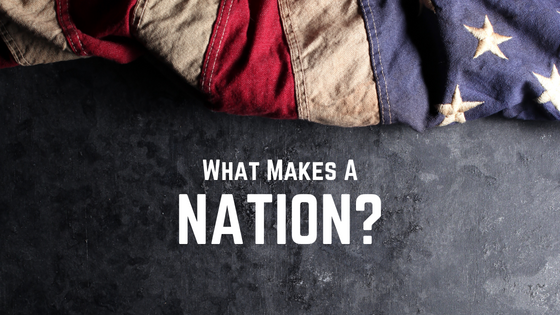Guest post by Erasmus
Please know that I pen the following words in order to commemorate a date of utmost significance in our nation’s history. It is not my intent to persuade current politicians or activists to pursue a specific strategy or platform, or to outline any particular way forward in order to save this republic. I am a lover of horses, and thus it would never be my intent to beat a dead one. However, as common wisdom teaches us, we can never hope to progress in the future unless we remember and learn the lessons of the past.
It is in that spirit, and in the spirit of George Washington’s farewell address, that I share these sentiments, from one American to all of his fellow Americans, irrespective of political party or affiliation.
On December 11, 1688, King James II of England, as he was fleeing England to escape to France, threw the Great Seal of the Realm into the River Thames. On December 11, 1936, Edward VIII’s abdication as the King of the United Kingdom—that is, his choice to turn away from his solemn responsibilities to serve and rule his people—went into effect and became final.
On December 11, 2020, the United States Supreme Court, in one horrific act, symbolically threw the Great Seal of the United States into the Potomac River and abdicated its solemn responsibilities to judge whether our country was following its own laws as clearly expressed in the United States Constitution. December 11, 2020, followed the 79th anniversary of the attack on Pearl Harbor by just four days. And like President Roosevelt’s declaration regarding December 7, 1941, the date of December 11, 2020, will go down in American history as a day of infamy. As Jewish families across the world were lighting their menorahs for Hanukkah and celebrating their rescue from the tyranny of lawlessness, the Supreme Court announced that it was siding with lawlessness and that it would not be hearing the case of the State of Texas versus the Commonwealth of Pennsylvania, State of Georgia, State of Michigan, and State of Wisconsin.
The circumstances that led to this case being filed are not complicated. They could easily be explained to an average 10- to 12-year-old.
1. The U.S. Constitution is the foundation of all other laws in the United States. Everything that happens in the U.S. is governed by the U.S. Constitution. It is the one law that reigns over all other U.S. laws. The Constitution clearly states the rights and authority of the people of the United States and the various branches of its government. In other words, it tells us who has the authority and power to decide what happens in our country at the individual (or personal), state, and national levels.
2. Article I, Section 4 of the Constitution tells us who makes the rules regarding national elections: “The Times, Places and Manner of holding Elections for Senators and Representatives, shall be prescribed in each State by the Legislature thereof. . . .” In other words, the Constitution gives the authority over national elections to the legislatures in each of the states.
3. In the 2020 election, there were at least four states (Pennsylvania, Georgia, Michigan, and Wisconsin) in which the state executive branch (that is, the governor or other executive official) and/or the judicial branch (that is, the state supreme court) changed the rules of the election apart from the authority of the state legislature. These actions were a direct violation of the U.S. Constitution, which grants this authority only to the state legislatures.
4. The result of this constitutional violation was that the results of the 2020 national election were changed from what they would have been if U.S. constitutional law had been followed.
5. The State of Texas, along with 17 other states and 126 members of the U.S. House of Representatives, called out the four states that had violated the Constitution and challenged their election results as being unlawful. They filed their case with the U.S. Supreme Court. In other words, about 20% of the states and about 30% of the House of Representatives joined together with Texas and went to the Supreme Court to say that this was wrong, and that these four states broke federal law and changed the election.
6. The U.S. Constitution is very clear about the types of cases the Supreme Court should decide. It starts by describing the kinds of cases in which the Supreme Court has “original jurisdiction.” These are the cases that can only be brought to the Supreme Court to decide. In Article III, Section 2 of the Constitution, it says that “The Judicial Power shall extend to all Cases, in Law and Equity, arising under this Constitution, the Laws of the United States, and Treaties made, or which shall be made, under their Authority; . . . —to Controversies between two or more States. . . .” The kind of case that Texas was bringing, along with several other states and over a hundred congressmen, was a case in which the Supreme Court had original jurisdiction. In other words, the Constitution tells us that this is the kind of case that the Supreme Court was designed to hear, and also that there is no other court in the entire world that has the authority to hear and decide this kind of case.
7. The Supreme Court refused to hear and try this case. The most likely reason is that the nation was severely divided and in turmoil, and the Court was too timid, too reluctant to risk the fallout and do its rightful duty. The U.S. Constitution was clearly violated—any average middle schooler could see and understand that. The results of the national election were affected by these violations. The Supreme Court was created and specifically designed 234 years ago to hear these kinds of cases. In other words, this case fell squarely in the middle of the Supreme Court’s job description. It is an integral part of the Supreme Court’s very purpose to hear and try this type of case.
And yet it said no. And because of that decision, almost eighty million patriotic Americans, lovers of their country and of the Constitution that keeps her alive, were cut off from their government, rejected, disenfranchised, ignored, and unheard. The fact that they continue to feel this way shows no sign of letting up, especially after another Supreme Court decision to dismiss any further election concerns, thereby hammering yet another nail in the coffin of election justice.
The 2020 election was truly like no other. Hundreds, thousands of everyday Americans risked their reputations and even their livelihoods to come forward and make signed statements, under threat of perjury, about the election fraud they witnessed. They were universally harassed and intimidated and even threatened, sometimes by the very institutions that were supposed to hear and respond to their claims (like the FBI). At the same time, hundreds of data scientists and mathematicians, including over 300 individuals who had formerly worked for one of our national security agencies, came out publicly, in unison, and stated that the results of the election were statistically and scientifically impossible apart from widespread fraud. Mathematics is the language of science. Where were those who are always saying, “follow the science”?
The 2020 election will be investigated and argued and disputed and challenged for years to come. Eventually, someone may even figure out why there were over a hundred thousand more ballots cast in Pennsylvania than there were voters who voted in Pennsylvania. Most likely, we will never know the full extent of the corruption and fraud that marred this historic event.
However, the violations of the U.S. Constitution by the states of Pennsylvania, Georgia, Michigan, and Wisconsin are indisputable. These violations are a matter of public record. No fact checker in the world can change the fact that U.S. state executive branches and state courts usurped their state legislatures in these four states and in doing so violated the U.S. Constitution, and that subsequently the results of the 2020 national election were unlawfully altered.
And the U.S. Supreme Court refused to do what they were supposed to do—the very thing which the Court was designed to do. It remains to be seen whether the Court will take on Moore v. Harper and finally uphold the Constitution’s clear declaration regarding the supremacy of state legislatures over elections.
Meanwhile, let us remember that what happened on December 11 was the reason a million Americans, in freezing weather, felt compelled to go all the way to Washington, D.C., to raise their collective voices in peaceful protest on January 6, 2021. January 6 was the result of December 11. Those million voices were representatives of more than half of the country who still—two years later—feel that this election was corrupt and that current elections can’t be trusted. We risk losing one of our most precious national commodities—hope—because we failed in our stewardship of the people’s trust. It is a national disgrace that the highest court in the land refused to judge the law and the evidence. The January 6 protest by a million patriots was so powerful and profound that the federal government felt compelled to conduct its own elaborate psyop at the Capitol and persuade a tiny fraction of those protesters to misbehave in order to distract attention from the truth. It is no coincidence that the preeminent word shepherds at Merriam-Webster recently chose “gaslighting” as its word of the year.
And that is why December 11, 2020, will go down in U.S. history as another day of infamy.
Guest post at TGP by Erasmus December 11, 2022

